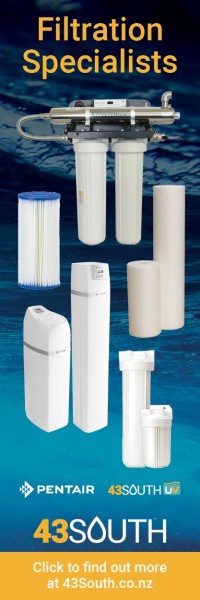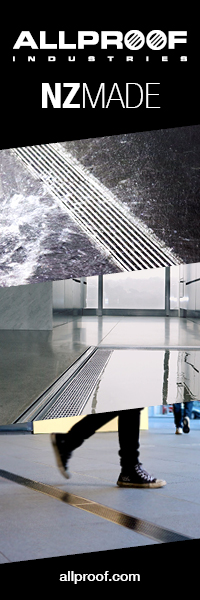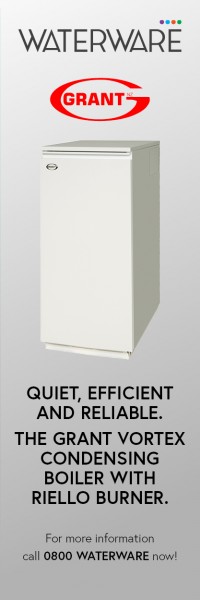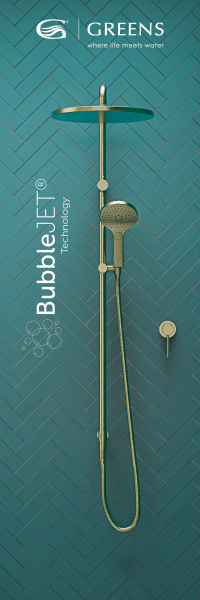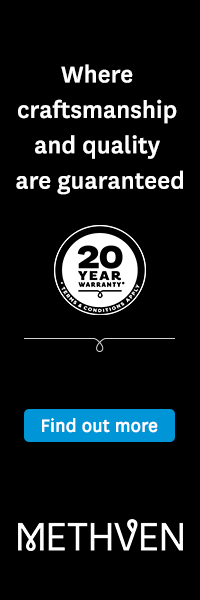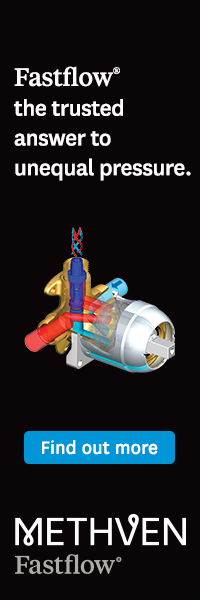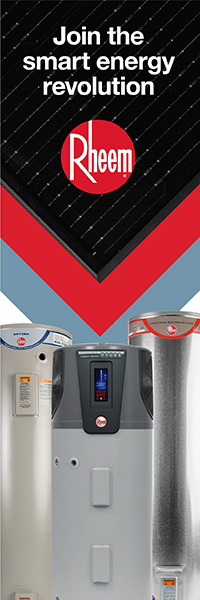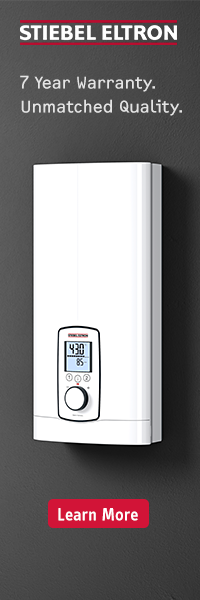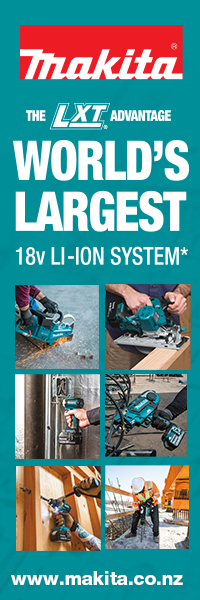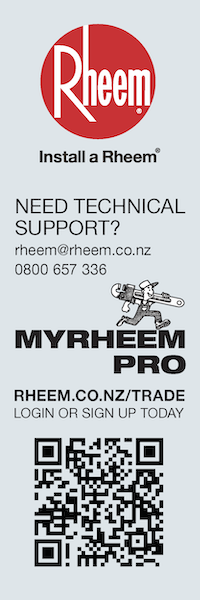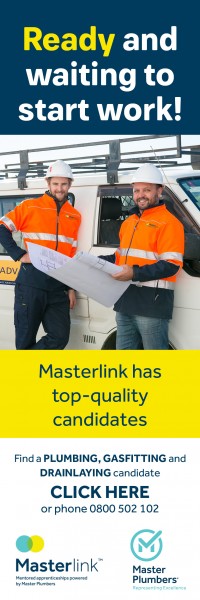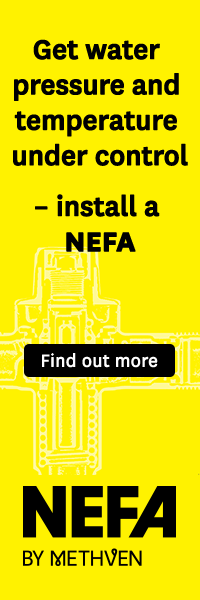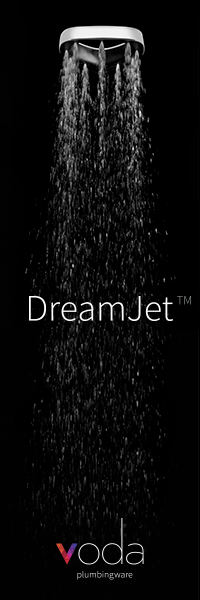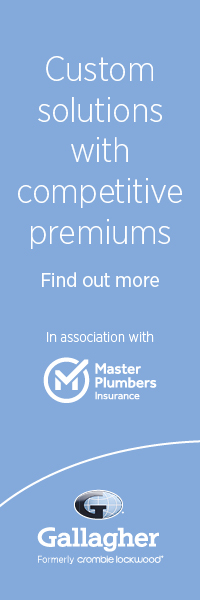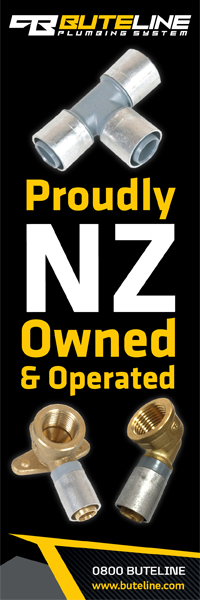Too many electric hot water cylinders fail testing
15 October 2020
 Article by Murray Bell, Manager, Standards and Regulations, EECA, posted with permission.
Article by Murray Bell, Manager, Standards and Regulations, EECA, posted with permission.
Electric hot water cylinders are usually an emergency purchase for homeowners and both plumbers and the public rely on energy efficiency claims by importers and manufacturers.
EECA is disappointed and concerned about the number of electric hot water cylinders sold in New Zealand that have failed energy efficiency testing1 and are not meeting manufacturers' claims.
EECA commissioned testing of 12 hot water cylinder models and six failed to meet the NZ energy efficiency requirements. The remaining four cylinders passed.
Considering these requirements are many years old, this level of performance is disappointing. Our post-test investigations have identified further issues that give us concern.
Why is this important? About 70,000 electric hot water cylinders are sold each year in New Zealand and hot water makes up about 30% amount of the average energy bill - about $600 a year. An inefficient cylinder is costing each household up to $1,240 over the life of the cylinder (about 20 years) at current energy prices.
Finding a compliant and energy efficient cylinder for a difficult or small space is not an issue - they come in a range of sizes including very small and large. And a compliant cylinder does not need to be more expensive.
EECA has published its test results on its website so plumbers and consumers can find models that have passed check testing. Manufacturers and importers of the tested models have been informed, two suppliers have stopped offering four cylinder models for sale, and a prosecution is being taken against a manufacturer. One further investigation is ongoing.
We believe it is in the public interest for plumbers and homeowners to be informed about these test results. EECA will now work with industry to help ensure electric hot water cylinder manufacturers and importers understand and comply with Regulations.
Homeowners who have a model that has failed testing can contact the manufacturer.
Increased monitoring
We will also increase our monitoring of the sales of water heater systems covered by our regulations, this includes gas and heat pump systems. We have entered into an information sharing agreement with the NZ Customs Service, and now have access to data on all regulated products imported into the country. We will also prioritise check testing of water heating systems, and continue to do so until we see a high level of compliance from the sector.
The team at EECA are available to answer any questions that may arise.
EECA is the government agency that works to improve the energy efficiency of New Zealand's homes and businesses, and encourages the uptake of renewable energy. They administer the Energy Efficiency (Energy Using Products) Regulations 20021 which cover appliances and other products for home, commercial, and industrial use. Regulated products (or assemblies that incorporate a regulated product) need to meet:
- Minimum Energy Performance Standards (MEPS), developed to remove poor performing products from the market and/or
- Mandatory Energy Performance Labeling (MEPL) requirements, so people can compare energy efficiency and running costs when deciding what to buy.

